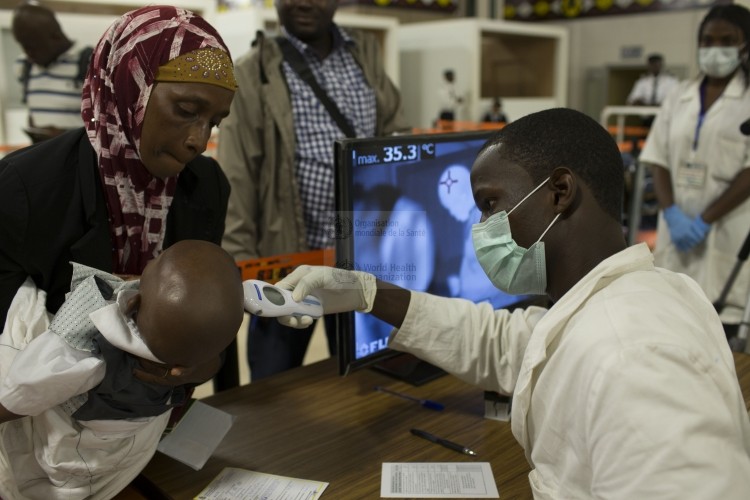Tracking Ebola difficult in countries where war has stunted healthcare development

The Ebola outbreak raging in Liberia and Sierra Leone since March started months earlier in neighbouring Guinea according to analysis by the World Health Organisation (WHO), which shows that the first person infected by the circulating viral strain died on December 28.
The three-month delay between the first case and the outbreak being declared illustrates the scale and complexity of tracking Ebola's spread in countries where decades of conflict mean healthcare systems are outdated and inefficient.
Marion Lyver, president of consulting firm Healthy Futures and member of the International Standards Organisations’ (ISO) healthcare informatics group, told in-Pharmatechnologist.com Guinea’s main hospitals in the capital Conakry are poorly equipped and reliant on manual data collection methods.
“It would be difficult to track and manage Ebola cases in this type of environment. Given the economic status of the other two West African countries, I would assume they are worse off or about the same as Guinea.”
She explained that: “The WHO has to rely on the data it is sent. If data is collected via paper, then it somehow has to be aggregated into the reports that the WHO needs” adding that “the accuracy, completeness and reliability of such data would be a concern.”
In Guinea, the privately-owned Ambrose Pare Clinic may report Ebola cases electronically according to Lyver.
Electronic solutions
Work to combat Ebola has intensified with – in addition to ongoing efforts by aid agencies, regulators and charities – the drug industry moving candidate vaccines into trials in the wake of criticism over its perceived lack of interest in developing anti-infectives.
Specifics of how the firms planning Ebola trials in Africa – like GSK and NewLink – will collect data have not been disclosed, but industry-led standardization efforts are likely to play a part according to Lyver
“I think CDISC is doing a lot of good work around creating templates for data collection on infectious and communicable diseases targeted to clinical research.”
Technology also has a role in data collection according to Lyver, who said “In Africa, mobile device data capture is the way to go at least in early stages and perhaps ongoing - solar-powered cell phones or other mobile devices can be used to send SMS messages or emails, or direct messaging to a central data store.”
Marion Lyver is President, Healthy Futures Inc. an independent eHealth and Healthcare consulting company, Associate Clinical Professor, Faculty of Medicine, Department of Family Medicine, McMaster University, Hamilton, ON and MD, FRCP(C), Diplomate of ABEM and CPHIMS-CA.

















